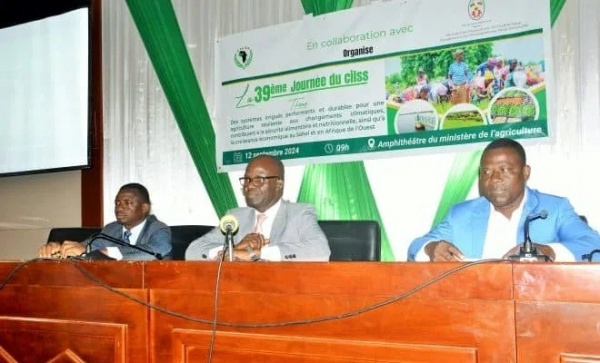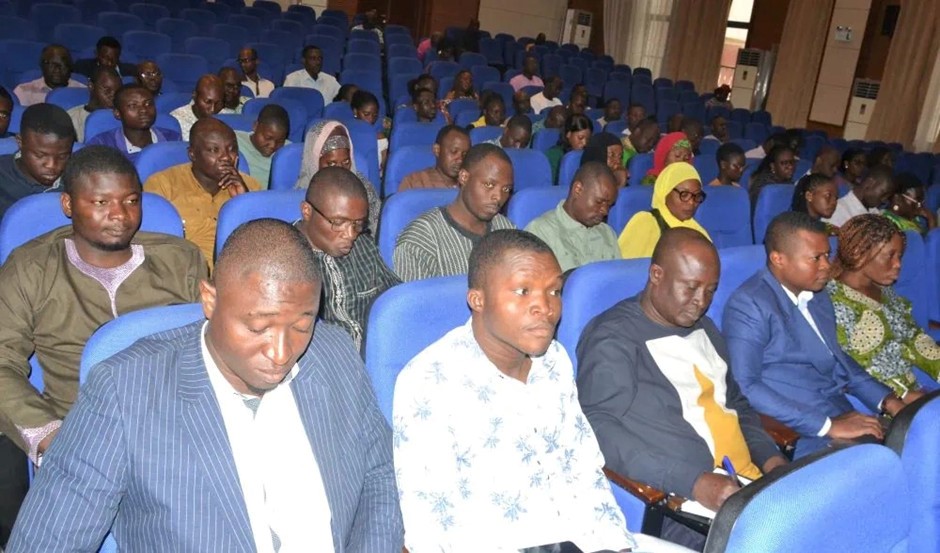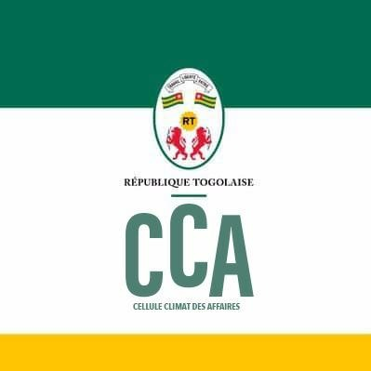Togo Committed to Improving Irrigation and Climate Resilience

(Togo First) - On September 12, 2024, irrigation and agricultural stakeholders in Togo gathered for the 39th day of the Permanent Inter-State Committee for Drought Control in the Sahel (CILSS). The event, organized by the Ministry of Agriculture, focused on "Efficient and Sustainable Irrigated Systems for Resilient Agriculture, Contributing to Food Security and Economic Growth." It provided an opportunity for agricultural players to review progress in irrigation and propose recommendations to enhance resilience against climate change.
Agriculture is crucial in Togo, employing 70% of the workforce and contributing 23.5% to the GDP. Of the 3.6 million hectares of arable land, about 45% is currently cultivated, while 15% is forested. Togo has 536,800 hectares of irrigable land.
Recent achievements in irrigation include developing 2,538 hectares of lowlands for rice and vegetable production, constructing 277 boreholes, and distributing 3,500 subsidized solar irrigation kits. However, challenges persist, such as insufficient funding, high equipment costs, and a lack of infrastructure for water management.

To address these issues, several recommendations were made. These include creating a department focused on village hydraulics, developing a national irrigation strategy, and training farmers in modern techniques. The goal is to enhance producers' capacities and ensure sustainable water resource management amid climate change challenges.
Established in 1973, CILSS consists of 13 member states, including Togo. The organization aims to ensure food security and combat climate change effects in the Sahel and West Africa.
Ayi Renaud Dossavi

















